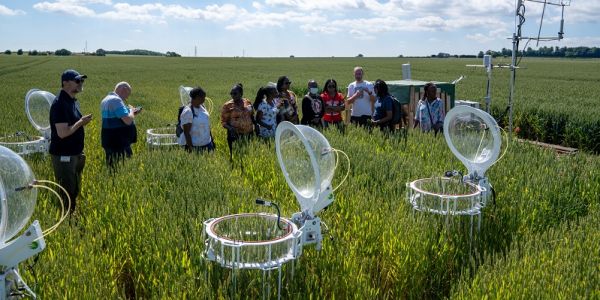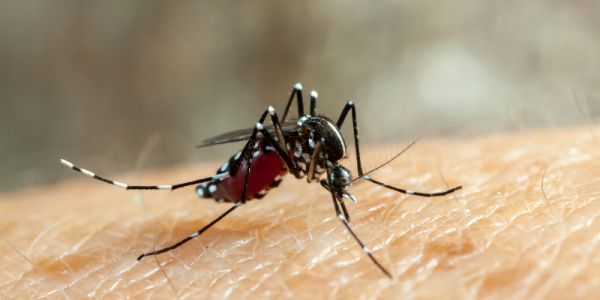
Unchecked emissions could double heat-related child mortality
If carbon emissions are limited to slow temperature rise, as many as 6,000 child deaths could be prevented in Africa each year, according to new estimates.

If carbon emissions are limited to slow temperature rise, as many as 6,000 child deaths could be prevented in Africa each year, according to new estimates.

Fellows from six African countries this week joined colleagues at Leeds to strengthen networks and build research and leadership skills, helping to bring sustainable change in African food systems.

An international team of scientists, led by the University of Leeds, have assessed how robotics and autonomous systems might facilitate or impede the delivery of the UN Sustainable Development Goals.

Medical equipment that can be manufactured at low cost and easily maintained will help extend surgery to the five billion people worldwide who currently cannot get access to it, say researchers.

A molecule in mosquito saliva has been identified as a potential target for vaccination against a range of diseases for which there is no protection or medicine.

A major study has revealed the global collateral damage caused by the disruption to cardiac services from the COVID-19 pandemic.

Recent intense heatwaves in India and widespread US droughts have highlighted the need for a global approach to tackling chronic water shortages.

Researchers have found a concerning lack of robust data for non-white European women in previous studies examining the impact of diet on gestational diabetes.

New research shows that private protected areas help conserve underrepresented biomes and highly threatened regions.

Changing the way fruit is gathered from a “tree of life” could have hugely positive environmental and financial impacts in Amazonia, according to a new study.